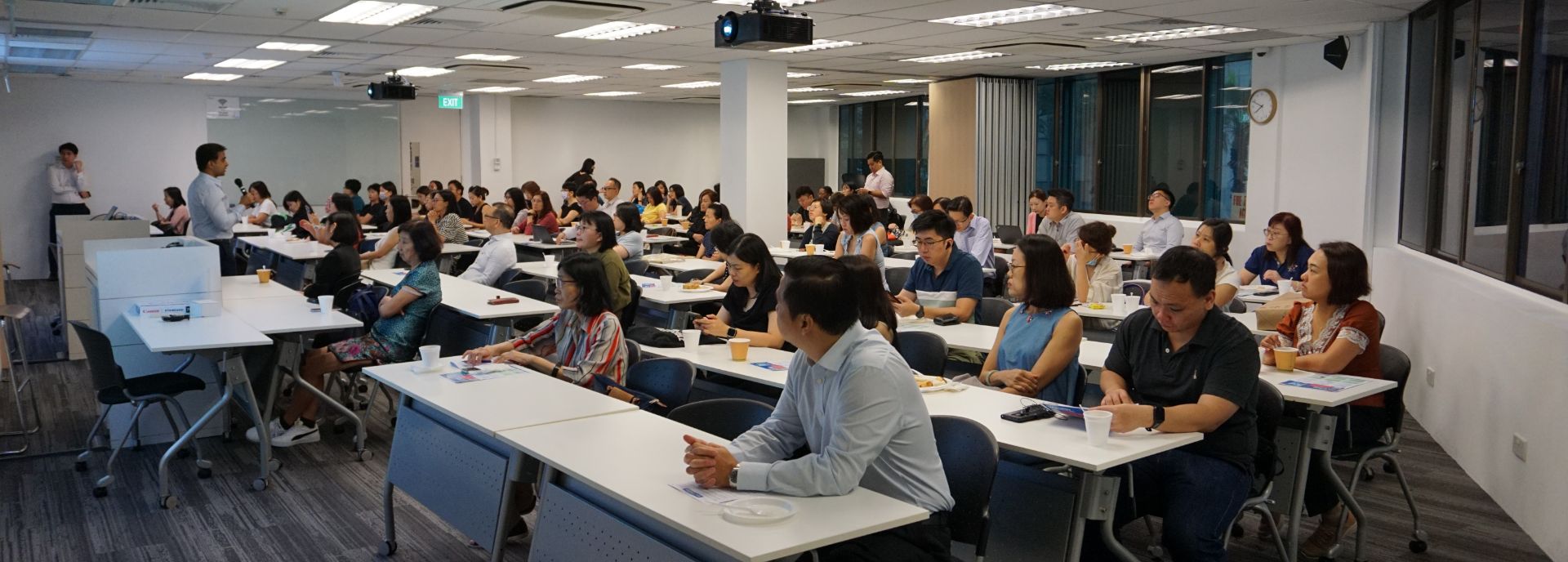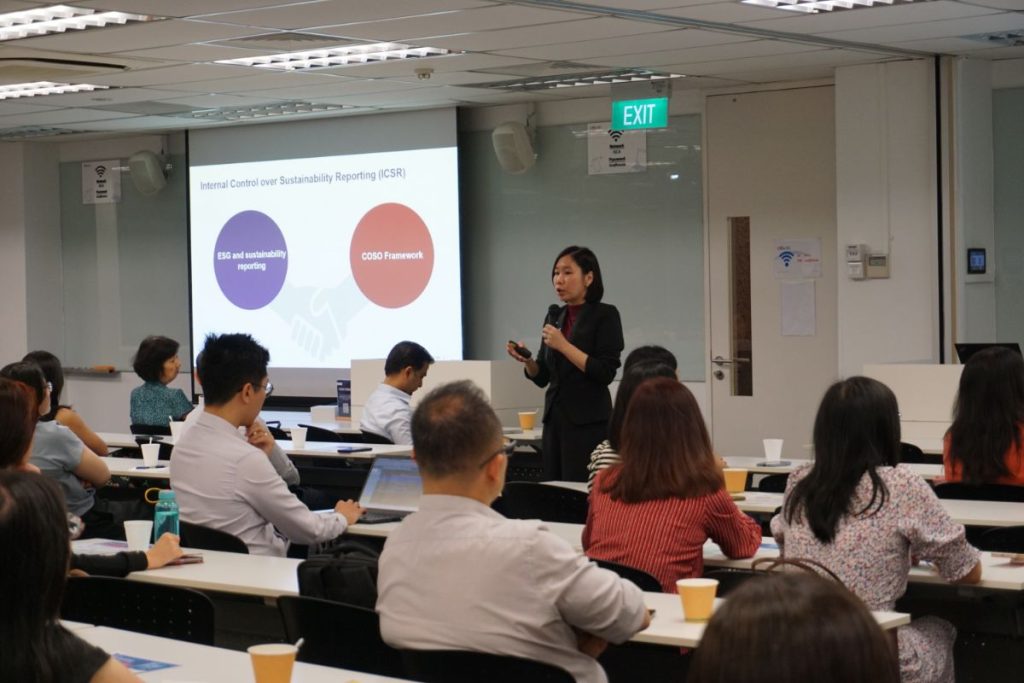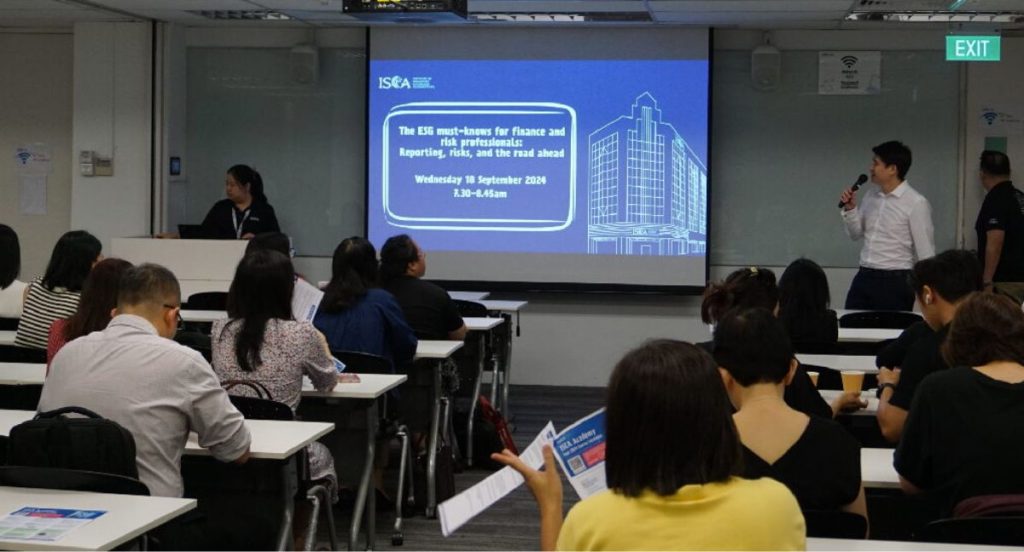
As Singapore’s business landscape evolves, a key question arises: Are organisations ready for the growing demands of sustainability reporting? This shift towards climate-conscious operations is no longer just about compliance, it’s a strategic necessity with wide-reaching implications.
At the ISCA Breakfast Talk helmed by Grant Thornton on September 18, Chetan Hans, Partner – Head of CFO Services at Grant Thornton Singapore, and Pauline Goh, Director of Business Risk Services, explored how businesses can turn the growing ESG requirements into a driver of long-term resilience.

Mr Hans introduced how sustainability reporting, particularly climate-related financial disclosures, enables businesses to evaluate their risks and opportunities in relation to climate change. Importantly, climate disclosures also play a critical role in financial markets, ensuring that risks and opportunities are priced correctly. This ensures a tighter alignment between sustainability performance and financial outcomes. By integrating these disclosures into financial reporting, businesses can secure both compliance as well as future growth.
Singapore will implement mandatory climate-related reporting requirements, with disclosures in line with International Sustainability Standards Board (ISSB) standards as early as 2025. Listed companies must adopt sustainability reporting by FY2025, with large non-listed companies following by FY2027. Initially aimed at large corporations, these requirements will impact small and medium-sized enterprises (SMEs) through supply chain demands, making ESG compliance essential for all businesses.

Ms Goh stressed the importance of internal controls over sustainability reporting (ICSR), drawing comparisons to the well-established framework for financial reporting (ICFR). Effective ICSR ensures that organisations maintain consistent policies, procedures, and risk management strategies, even as they face evolving regulations. Internal audits are a critical part of this process as they ensure transparency, accountability, and alignment with ESG requirements.
For forward-thinking businesses, ESG is not just a regulatory requirement. As the conversation shifts from compliance to opportunity, companies that strategically integrate sustainability into their business models will be well positioned to navigate future challenges, capitalise on new markets, and establish themselves as leaders in a rapidly changing global economy.
